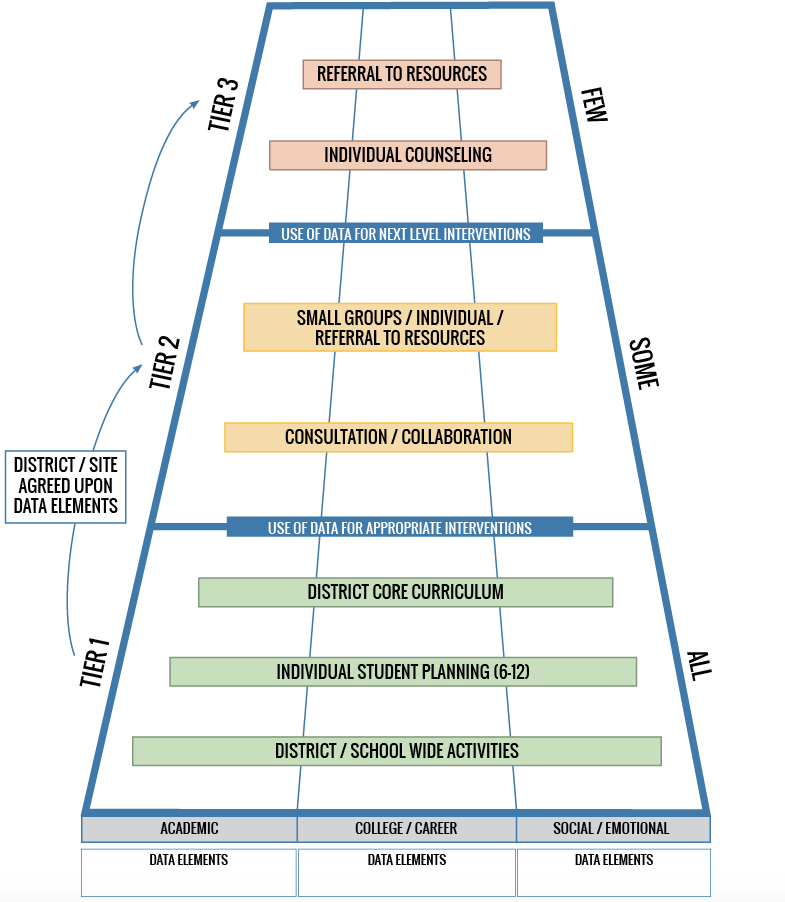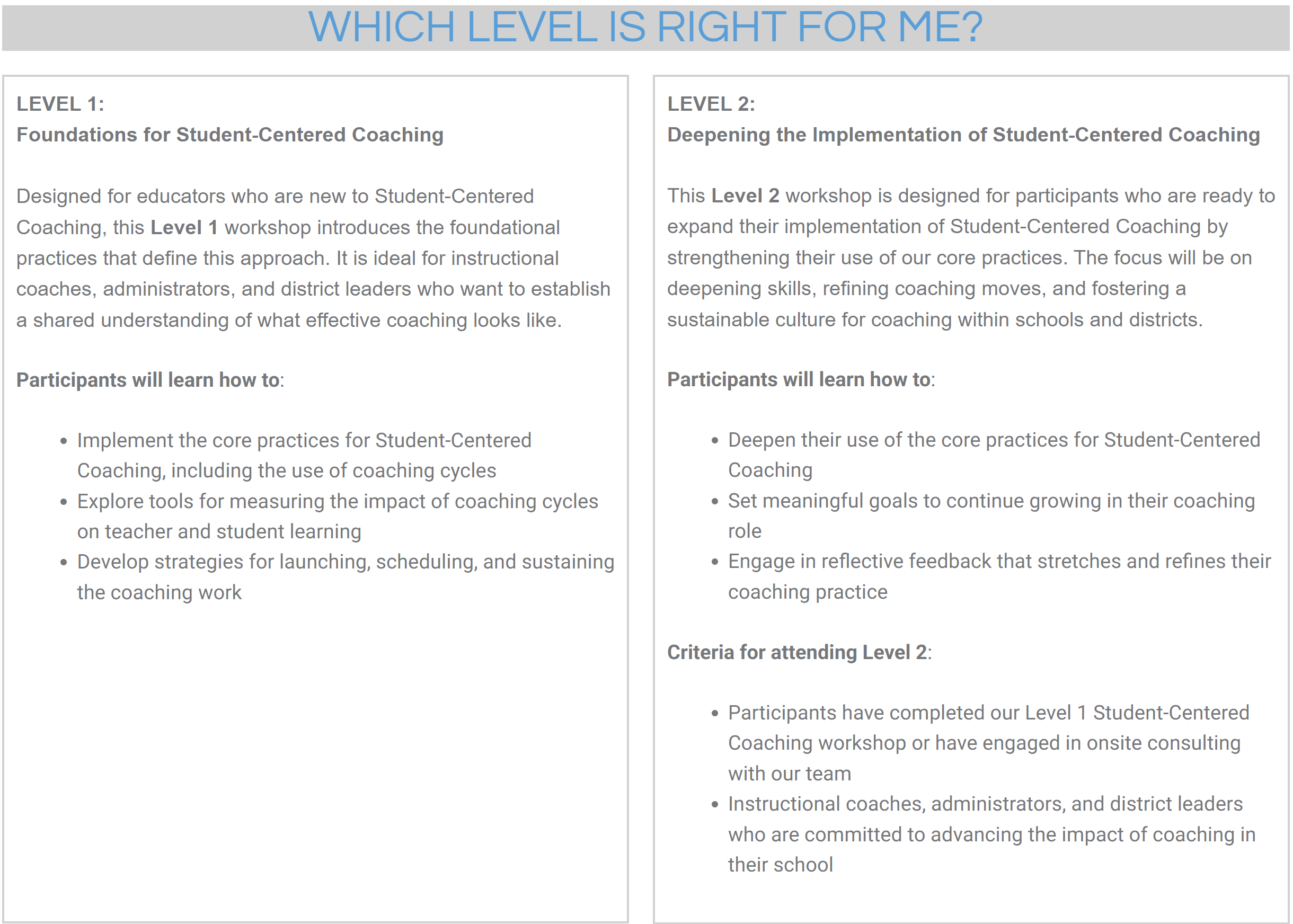What comes to mind when you hear the term “mental-health literacy?” In my experience, when sharing at social functions that I was a psychology major (turned school counselor), many people would respond with “ohh, don’t diagnose me!” While mental health does, at times, include a formal diagnosis, mental health literacy is inclusive of more than just treatment for diagnosable mental illness. Per the US Center for Disease Control (CDC), mental health literacy means “knowing how to develop and maintain good mental health, reducing stigma (negative attitudes and beliefs) about mental distress and mental illness, being aware of common mental health disorders and how they can be treated, and knowing how to get help for mental health concerns.”
Unfortunately there is still a common perception that sharing our personal struggles indicates weakness, and this belief often stands in the way of positive mental health promotion and literacy. I personally feel since the pandemic, there is a more positive general overall feeling concerning discussing mental health. Many celebrities have spoken out concerning their mental health struggles which has been a positive for teens and children in normalizing and reducing stigma. However, I think at times there is still some confusion around terminology, especially for parents and adults. Andrew Baxter from Mentalhealthliteracy.org shares that overall mental health is different than having a “mental disorder,” and having a bad day “does not mean your mental health is poor.” Baxter states the focus should be on developing the skills necessary to work through the challenges of daily life in a positive way.
“Schools have a unique opportunity to proactively influence the climate and tone around mental health literacy in order to benefit students.”
For children and teens, a big part of working through challenges is being surrounded by positive role models and a strong support system. We hope this support comes from the school and the home environment, but we know that due to many factors, this is not always the case. Schools have a unique opportunity to proactively influence the climate and tone around mental health literacy in order to benefit students. Many schools in the US deliver preventative supports for academic and behavior through school-wide initiatives such as MTMDSS (Multi-tiered, multi-domain system of supports) or PBIS (Positive Behavioral Interventions and Supports). These supports are widely delivered to ALL students initially as classroom based lessons, provided by a school counselor or the classroom teacher. Lessons can include information around mental health and addressing stress, stigma reduction, symptoms and treatment of mental illness, and most importantly an emphasis on reaching out to a trusted adult when concerns arise.

Most educators are spread thin as it is, so there are exemplary programs available that include the National Alliance on Mental Illness (NAMI)- Ending the Silence, Adolescent Depression and Awareness Program, and Eliminating the Stigma of Differences (CDC – Example Programs). Locally, the Indiana Department of Education has recently partnered with Riley Hospital to provide additional support in this area for educators and families in the near future. Another way schools can increase mental health literacy is through the use of peer-led modeling programs. Per the CDC, these programs include: participating in healthy activities, having friends who help others, finding and using mental health resources, and talking to trusting adults.
Two pro-social programs which support positive mental health include Bring Change to Mind Club and Sources of Strength. Bring Change to Mind is a national organization that was founded by the actress Glenn Close to help reduce stigma in 2009. In 2015, the work shifted to high school based student led clubs concerning mental health wellness. Sources of Strength’s website shares they “are one of the national leaders in recruiting, engaging, retaining, and successfully using Peer Leaders to engage other students. An essential element of the program is the effective recruitment and training of Adult Advisors who display connectivity, care, and positivity with the students. The program provides not only the initial training, but also ongoing consultation designed to support Peer Leaders and Adult Advisors. Recruiting and supporting the right Adult Advisors is critical for engaging students.”
“Morning meetings increase trust and support between students and their teachers, foster a sense of community, and allow students the opportunity to talk about their experiences and have them validated by their peers who may be sharing similar issues.”
Another strong support I have witnessed while visiting Indiana schools within my role is the inclusion of morning meetings into the daily schedule. These morning meetings increase trust and support between students and their teachers, foster a sense of community, and allow students the opportunity to talk about their experiences and have them validated by their peers who may be sharing similar issues.
So how do you get started with promoting mental health literacy in your school and/or community? First, you may want to consider there are many different views around mental health, and making an effort to promote transparency and communication concerning the topic can go a long way. Consider your school or organization’s existing means of communication (newsletters, social media, website, etc.) Other’s views may limit access to support, so by communicating resources regularly, you may be helping to increase access to supports and services where they are needed. Second, make sure you are not doing this work alone. Consider existing and potential partnerships with organizations who are invested in the work, and make sure to include representatives from diverse groups that are similar to your community and or school demographics.
So if your school is on board, what programming should you consider? Minimally, school leaders can ensure that teachers and staff know how to support students who are in crisis, who to contact at the school level for further intervention, and how to communicate with families. For further curriculum or lesson needs, schools can utilize the CDC’s Health Education Curriculum Analysis tool to help determine which curriculum to use or topics to address in creating your own programming.
Another resource to consider for support is the National Institute of Mental Health’s Resource Guide for Students and Educators that is a joint effort of the Division of Adolescent and School Health, the CDC, and the National Center for Chronic Disease Prevention and Health Promotion. It includes strategies for promoting mental health in schools, interventions, classroom lessons, tips to increase connectedness among students, staff, and families, skills training, and other promising practices for promoting mental health and well-being in schools.
No matter what strategies you choose, your efforts in increasing mental health literacy are critical to the future of our youth and can create healthy habits for yourself and those around you!
Resources
- https://www.cdc.gov/healthyyouth/mental-health-action-guide/increase-students-mental-health-literacy.html
- https://www.theglobeandmail.com/featured-reports/article-mental-health-literacy-key-to-helping-students-stay-well/
- https://www.hatchingresults.com/blog/2017/3/multi-tiered-multi-domain-system-of-supports-by-trish-hatch-phd
- https://www.cdc.gov/healthyyouth/mental-health-action-guide/pdf/DASH_MH_Action_Guide_508.pdf
- https://www.bringchange2mind.org/
- https://sourcesofstrength.org/
- Health Curriculum Analysis Tool: https://www.cdc.gov/healthyyouth/hecat/index.htm
- Promoting Mental Health and Well-Being in Schools: An Action Guide for School and District Leaders: https://www.cdc.gov/healthyyouth/mental-health-action-guide/pdf/DASH_MH_Action_Guide_508.pdf
Please login or register to claim PGPs.
Alternatively, you may use the PGP Request Form if you prefer to not register an account.





